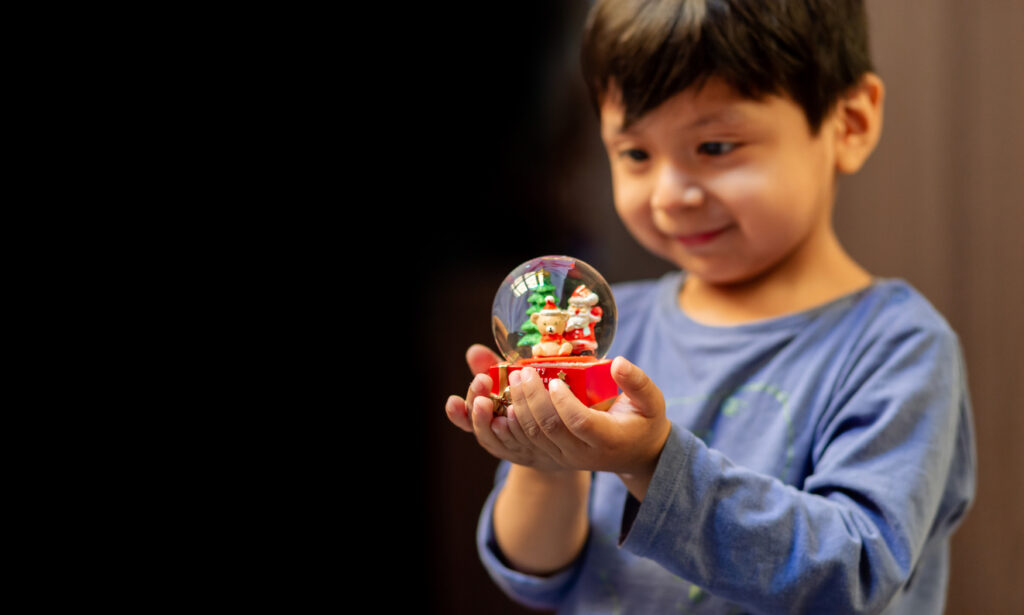
The Power of Curiosity in Speech and Language Development
Curiosity plays a crucial role in children’s speech and language development. By encouraging children to ask questions, parents can significantly enhance their learning and communication skills. This article explores the power of curiosity, offering practical tips to nurture a questioning mindset in young children.
- The Power of Curiosity in Speech and Language Development
Understanding Curiosity in Child Development
What is Curiosity?
Curiosity is a natural desire to learn and understand the world. For children, this manifests through exploration and questioning. Encouraging this innate curiosity is essential as it fuels cognitive growth and lays the foundation for effective communication skills.
How Curiosity Impacts Learning
Curiosity drives children to explore, experiment, and ask questions. Research shows that children who are encouraged to be curious tend to develop a richer vocabulary and better problem-solving abilities. Consequently, nurturing curiosity is vital for overall child development.
Boosting Speech and Language Through Questions
Types of Questions and Their Effects
Questions are fundamental to developing speech and language skills. There are two main types of questions:
- Open-ended questions: These encourage deeper thinking and expression. For example, “What do you think will happen if…?”
- Closed-ended questions: These help with specific learning and quick answers. For instance, “Did you see the cat?”
The Role of Parents in Encouraging Questions
Parents and caregivers play a pivotal role in fostering a child’s curiosity. By actively engaging in conversations and prompting children to ask questions, they help build critical language skills.
Practical Tips for Encouraging Curiosity
Creating a Stimulating Environment
One effective way to encourage curiosity is by creating a stimulating environment. Fill your home with books, puzzles, and opportunities for exploration. A rich environment naturally invites questions and learning.
Modeling Curiosity and Engaging in Dialogue
Modeling curiosity yourself is another powerful strategy. Show your child that it’s okay to be curious by asking your own questions and expressing wonder. Engaging in dialogue with your child, asking them what they think or feel, reinforces their language development.
Overcoming Common Challenges
When Children Don’t Respond
Sometimes children may not immediately engage with questions. In such cases, it’s important to remain patient and consistent. Over time, they will become more responsive.
Managing Time Constraints
Incorporating question-asking into daily routines, such as during meals or car rides, can help manage time constraints. This ensures that curiosity and learning are integrated smoothly into everyday activities.
Success Stories and Real-life Examples
Real-life Impact of Encouraging Curiosity
Many parents have shared success stories of how fostering a curious mindset has significantly benefited their children. For instance, one parent noticed a remarkable improvement in their child’s vocabulary after starting a nightly routine of asking, “What was your favorite part of today and why?”
Jack and the Globe: A Speech Therapist’s Perspective
Ever wonder how a simple question can spark a world of learning? As a speech therapist, I see this all the time. Take Jack, for instance. A bright toddler with a curious mind, he came across a snow globe on his living room floor. It was something entirely new to him. Nearing two years old, he held it up, mesmerized by the swirling snow inside. With a look of wonder, he simply asked, “What’s that?”
This might seem like a small moment, but for me, it was gold. Jack, by picking up the object and asking that question,was actively seeking to understand his world and grow his vocabulary.
This is the power of curiosity. It’s a parent’s greatest tool for fostering language development. When your child asks “what’s that?” or “why?” embrace those moments! They’re opportunities for exploration, learning, and connection.
The Broader Role of Curiosity
Curiosity is not just about asking questions; it’s about fostering a mindset that embraces learning and discovery. When children are curious, they are more likely to seek out new experiences and information, which can lead to a deeper understanding of the world and improved cognitive and linguistic abilities.
Encouraging Curiosity Through Everyday Questions
Here are some examples of questions that can spark curiosity and promote language development:
- “What do you think would happen if we mix these two colors?”
- “Why do you think the sky is blue?”
- “How does a plant grow from a seed?”
- “What do you think animals do at night?”
- “Why do we need to sleep?”
Conclusion
In conclusion, the power of curiosity in speech and language development cannot be overstated. By encouraging children to ask questions and nurturing their natural curiosity, parents can help their children become more articulate and confident communicators. Start implementing these tips today to support your child’s growth.
Additional Resources
- Books:
Raising Curious Kids: Over 100 Simple Activities to Develop Your Child’s Imagination